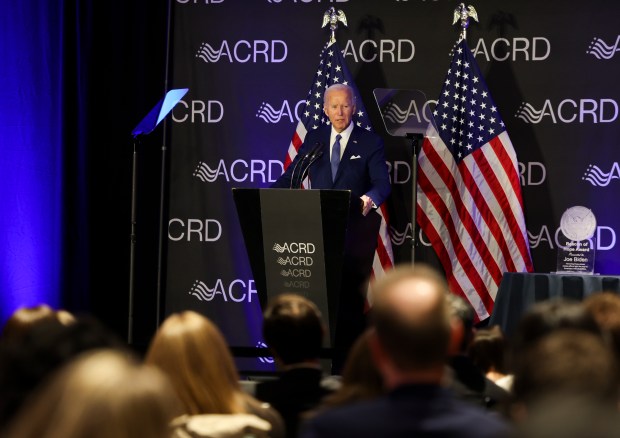Indiana public libraries are pushing back against a Senate bill that would remove the ability of appointed library boards to establish tax levies.
The Senate Tax and Fiscal Policy Committee heard testimony on Senate Bill 283, authored by Sen. Gary Byrne, R-Byrnesville, on Jan. 22 but did not hold a vote. It could return with amendments at a later meeting.
Instead of keeping taxing authority with library boards who are appointed by county councils, commissioners, mayors and school boards, Byrne wants it moved to elected bodies.
Some GOP senators said they found identifying people to serve on the board sometimes was a challenge, leaving little competition for the important job of setting tax levies.
The bill would require libraries to submit their budgets to a county or city’s fiscal body, which would hold the taxing authority, not a library board.
Librarians from across the state testified in opposition, saying the bill adds a layer of bureaucracy that isn’t needed because of guardrails already in place. They said libraries are audited by the State Board of Accounts, like other entities and update city and county officials regularly.
Vanessa Martin, director of the Greenberg-Decatur Public Library, said libraries already must ask permission from local fiscal bodies to incur debt and issue bonds.
“Budgets are on Gateway and the approval process is open and engaging at all levels,” she said.
Julie Wendorf, director of the Crown Point Public Library and president of the Indiana Library Federation, questioned the need for the bill saying state public libraries were well-used with about 21 million annual visits.
“This proposed legislation raises many questions and offers few answers. Perhaps writers of the bill believe libraries don’t have sufficient oversight,” she said. “The bill removes a library board’s funding authority, and creates major implications for public operations.”
Wendorf outlined her procedure to find candidates, if there’s a board vacancy.
She said the letters of intent from candidates are passed on to appointing bodies and then she introduces her recommendation to the body.
“I’m present at their appointment voting and there to answer questions.” Wendorf said her board includes an attorney, a banker, a business owner and a nonprofit director.
Sen. Andrea Hunley, D-Indianapolis, said the library boards are representative since they’re appointed by elected officials. “It sounds like there’s a lot of intentionality in the appointing mechanism,” she said.
Carole Carlson is a freelance reporter for the Post-Tribune.



